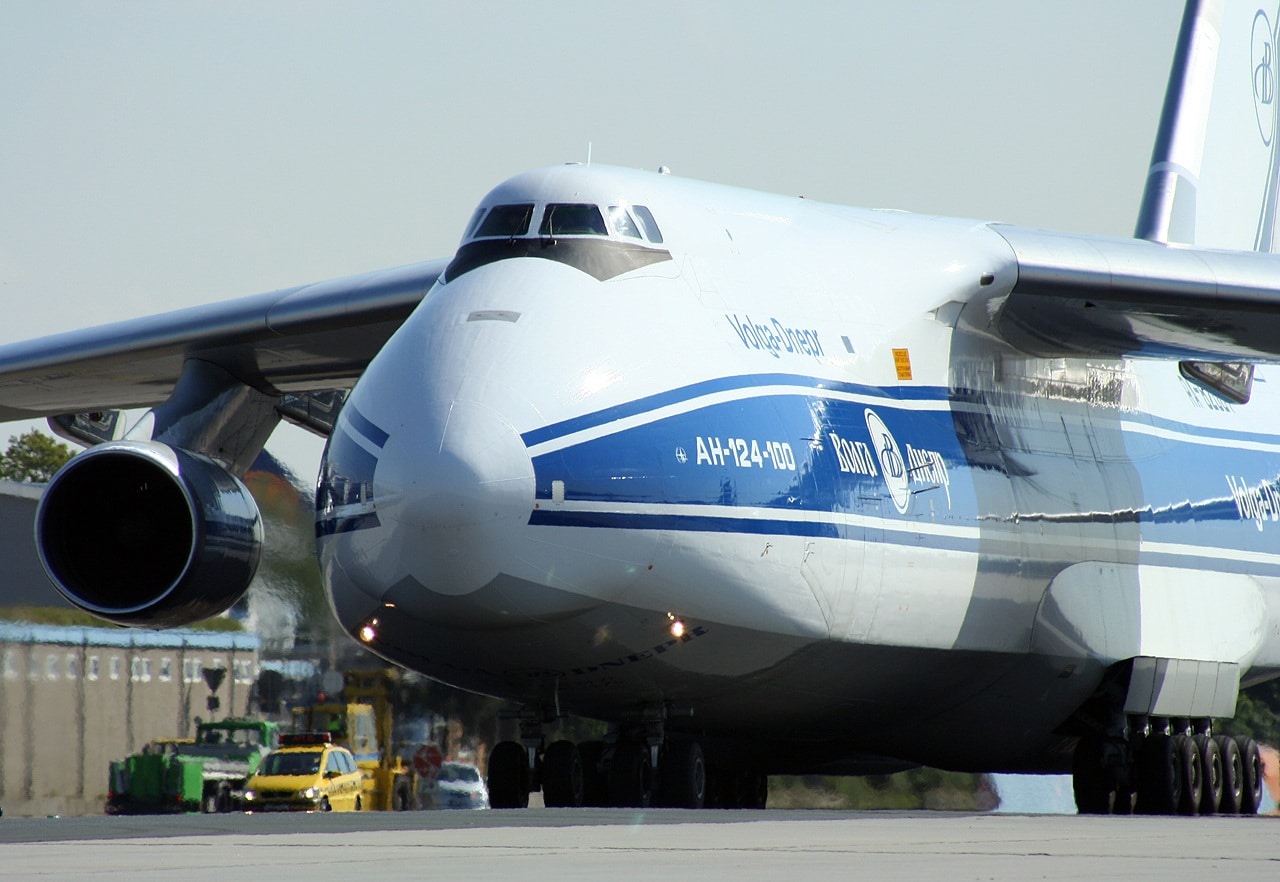Russian grab for foreign jets spurs jump in insurance claims
Russia’s move to transfer almost 800 foreign-owned jets to its own aircraft register amid foreign sanctions has triggered a wave of insurance claims from leasing firms whose fleets have effectively been commandeered.
Lessors will assert that registering the planes in Russia when they’re already on the books in other territories amounts to a qualifying event for claims, including under their war-risk policies, according to people familiar with the situation who asked not to be named as the proceedings are confidential. While some notices had already gone out, the effort to re-register planes in Russia has given the process impetus, the people said.

Fitch Ratings puts the insured residual value of aircraft held by Russia following its invasion of Ukraine at $13 billion, though with aggregate loss limits claims may be limited to $10 billion. That would still be by far the largest sum in the history of aviation insurance, it said. In a separate report, Moody’s Investors Service estimates up to $11 billion in losses.
Haggling Over Payments
A number of the initial claims were made under so-called hull loss policies that kick in if a whole plane is written off, as if it had crashed or disappeared. The prospect of having a stronger case offers some encouragement to a jet-leasing sector that has the green light to repossess aircraft under international sanctions but no realistic way of doing so. At the same time, the value of the jets is likely to tumble as a moratorium on shipments of approved spare parts leads airlines to resort to non-standard maintenance.
Insurers could still haggle over the size of payouts since Russia continues to recognize lessors’ ownership of the jets, according to the people.
“It is unclear at this stage whether insurers will have to pay all these claims,” Moody’s said, citing a number of variables including the prospect of negotiations with airlines.
Major Players
Most aviation policies are underwritten through the Lloyd’s of London market, with up to 40% of exposure ceded to reinsurers, according to Fitch. Some specialist Lloyd’s carriers could see “modest capital depletion” where losses combine with other large claims, it said.
Analysts at Berenberg identified players with potential exposure including Atrium Underwriters, Axa XL, Beazley, Chubb, Fidelis, Liberty Specialty Markets and Tokio Marine Kiln, according to a Reinsurance News report.
There may also be disagreements over whether coverage automatically expired once sanctions were imposed, or was canceled before the actual claims event, Fitch said. Even with the maximum possible payout most insurers and reinsurers would suffer only a hit to earnings, rather than capital depletion, it said.
Lloyds of London disputed the estimates from Moodys and Fitch, saying that while the war in Ukraine represents a major claim, insurers’ liability was limited to around 10% to 15% of the asset value of jets stuck in Russia.
“So it’s a much smaller element than many people would think,” Lloyd’s Chief Executive Officer John Neal said in a Bloomberg TV interview Thursday. “It will take a little bit of time to work out that loss, and then determine whether there is a loss at all in some instances.”
Russian Proposal
Leasing firms seeking to repossess planes have until March 28 to cancel contracts under European Union sanctions and broader banking prohibitions.
Dublin-based AerCap Holdings NV, the world’s biggest leasing firm, had 142 aircraft placed with Russia as of March 10, according to consulting firm IBA. SMBC Aviation Capital had 35. Lessors with asset-backed securities exposed to Russia include Carlyle Aviation Management , Air Lease Corp., according to Kroll Bond Ratings. It remains unclear how many leased planes remain in Russia.
Russia this week offered to provide compensation for the seized planes, including their outright purchase, though Moscow says lessors have been unwilling to negotiate on the matter. That’s most likely because any financial accord with airlines would appear to present a clear breach of sanctions.
Russia moved the aircraft to its register after Bermuda and Ireland, where most are listed, suspended their airworthiness certificates, citing a lack of clarity over maintenance regimes.
But the planes are still registered in those jurisdictions, and under rules established by Article 18 of the 1944 Chicago Convention on International Civil Aviation, they can’t be listed under more than one authority at a time.





